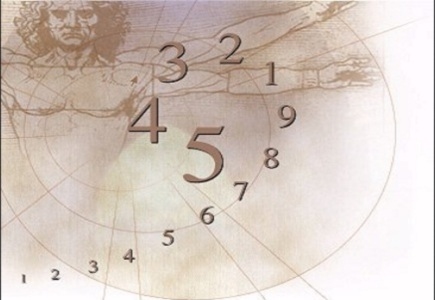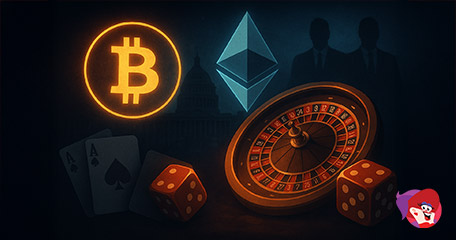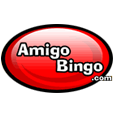
If math was your worst subject in school then you may want to avoid this entire thing. Some of us are definitely no Einsteins when it comes to match without a calculator. It involves counting the balls and probability. So, if you're a decent card counter, you may want to try your hand at bingo if this thing works.
Alrighty, take 90-ball bingo for instance. The chances of any number being called are 1 in 90. The random factor has “uniform distribution”, huh?
For those of us that just purchase our bingo cards, set it to auto dab and cross our fingers this sounds like more of a headache than it's worth. Upon further research of this number and probability subject, there was mention of laws and principles etc.
How does this relate to bingo? Okay, there is a good chance that there will be the same number of even and odd numbers as well as an equal number of higher and lower numbers being called. Whew! That makes sense so far. Then there's a decent shot that numbers ending in 1's, 2′s, 3′s, 4's etc. will be called out. As far as your bingo game is concerned, all this does is allow you to you assume that your number will eventually come out. Wouldn't we know that without counting the bingo balls?
The players using this ball counting tactic apply it when they've purchased a certain number of cards. Does the number of cards you play affect your chances of winning? That's debatable because as a bingo player knows, it only takes one card.
After all this research, the principles of probability still don't seem to apply to bingo. We should have stuck with our first instinct. You've already purchased your bingo cards by the time the game begins and the numbers are called so counting doesn't seem improve your odds here.
Your feedback
Please enter your comment.
Your comment is added.









